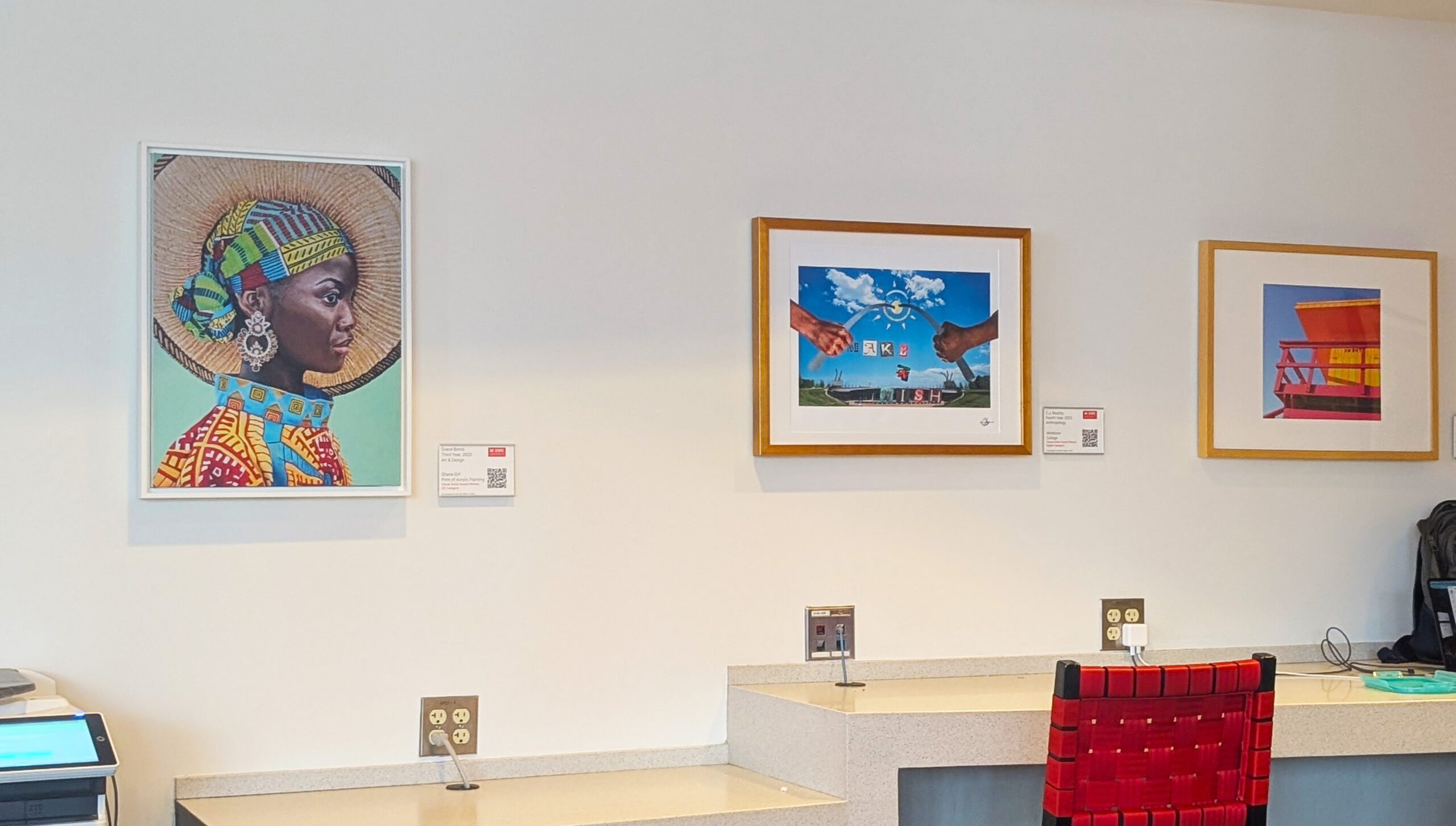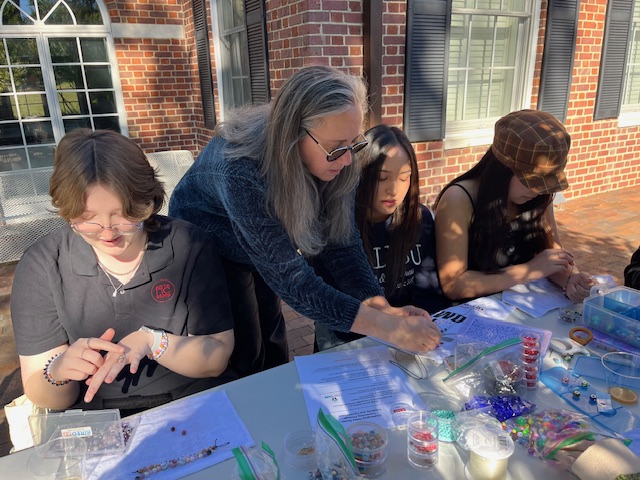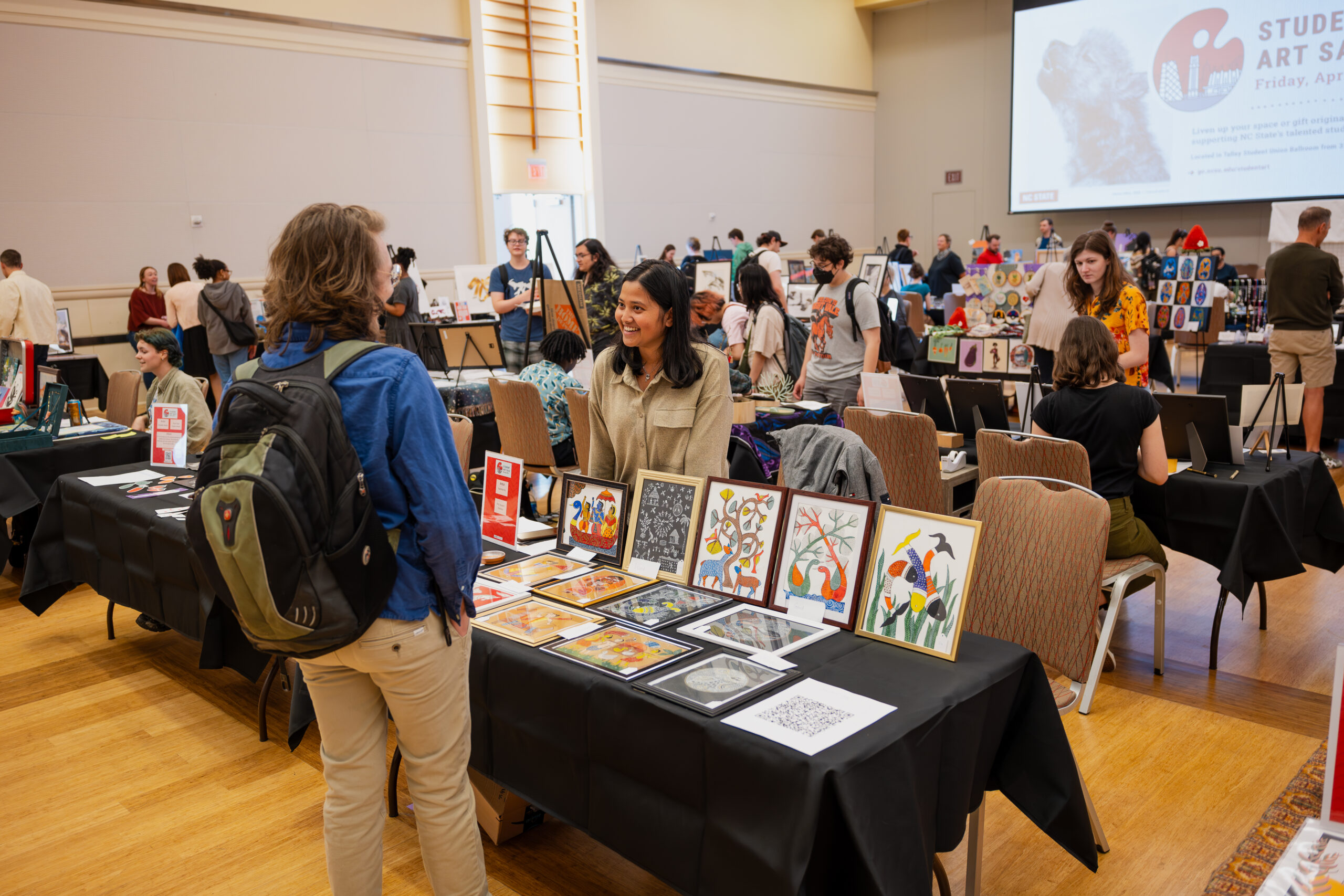Storytelling with Slapstick: Lucky Plush Style!
Just Cuz Crew is comprised of student dancers with various backgrounds — some dancers have had years of multiple training and some never had performing dance experience. Some dance for fun and enjoyment while others enjoy exploring different styles. Regardless of our differences in terms preferences, personalities, and style, we all strive to improve ourselves as dancers and tell stories through our craft.

As part of a student-organized dance crew, it is required amongst everyone involved to provide dedication and to exert a mutual, collaborative effort into everything we do. When we are working on a new project, we expect new problems to arise, and that is when we need every dancer’s commitment to tackle the challenges we will face. Starting a new choreography set is always an exciting task to take on. Everyone is sharing new, refreshing ideas and our visions are massively flooding with creative input.
However, bringing these ideas, concepts and stories to life through dance and interpretive movement has proven to be the real challenge. As a choreographer, there are moments when I just give up and discard it all, never going back to the conceptual piece. If I’m lucky, there may be moments when I want to try again with a different approach or just start over with something completely different. Indeed, the task of storytelling through dance is hard, but Lucky Plush Productions makes it seem so much easier.
Lucky Plush Productions is a Chicago-based dance theatre company known for its playful interactions, surprising humor, and incisive commentary on contemporary culture. Their recent performance of The Queue influenced me as a dancer to expand the storytelling aspect in our crew’s choreographic pieces and sets in a way to exercise and showcase our creativity, musicality, innovation and originality.
As a dancer, it is only seems natural for me to expand my horizons and explore different styles, movements and techniques, and figure out how I can conceptually incorporate the learned style into a choreography. Julia Rhoads, founder, choreographer and producing artistic director of Lucky Plush Productions, explained in the pre-show discussion that she, too, goes through the same process.

Because she was so interested in the aspect of relationships and interactions between people, she wanted to find ways to exhibit that everyday phenomena through dance. In collaboration with her company, she explored older styles of dance and acts (slapstick and vaudeville performances, and Berkeley-style formations). They then combined these genres with contemporary forms to emphasize the interactions between the characters portrayed by the dancers and “mirror the the emotional rhythm of the ‘public-private’ experience,” a phenomena Rhoads describes as being in a public space where people’s private lives become increasingly public, ultimately compelling surrounding people to become involved.
The narrative and the influence of the performance’s story derives from a 1746 farcical play called A Will or No Will, in which the imminent death of an old man propels an assortment of seemingly unrelated characters into a chaotic negotiation of their stakes in his life and their potential inheritances. The Queue resulted from her exploration, which unfolds in a fictional airport, symbolizing the central setting where these heightened, pivotal, yet private moments occur for everyone to witness.
Lucky Plush Productions is nationally recognized for captivating their audiences with their whimsical humor combined with their mesmerizing dance movements in a story-telling fashion. Their performance inspired me to put in the extra collaborative effort with my dance club in improving our storytelling capability in our performances.
- Categories:


